Geely Design Visions invited mobility designers from around the world to submit future mobility concepts for review by a team from Geely Design.
Let’s take a look at concepts that made the final five.
The automotive field has gone through massive shifts over the last decade. From the development and adoption of electric vehicles to greater focus on mobility as a service, the industry is still shifting. Many designers from around the globe are working hard in reshaping the industry further, but most do not have a platform to be heard.
So, Geely decided to give them one.
Geely Design Visions was a public online event held recently in collaboration with BusinessOulu and Mingle Advisors, with participation from young and upcoming mobility designers to showcase their unique design concepts. Out of almost 50 submissions, five were shortlisted for final review by Geely Design via a webinar on how these concepts can be further refined and turned into a reality.
Here is a look at the final five…
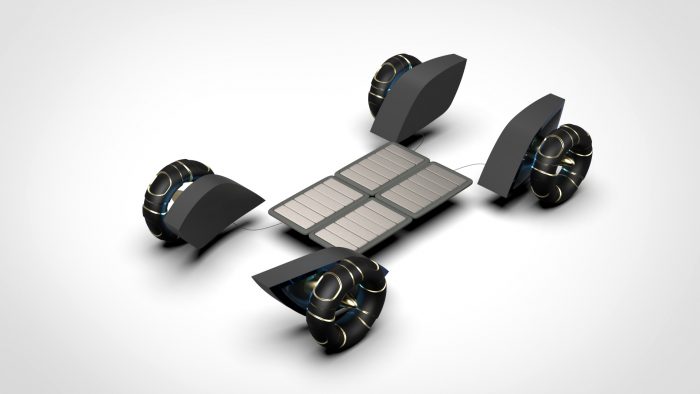
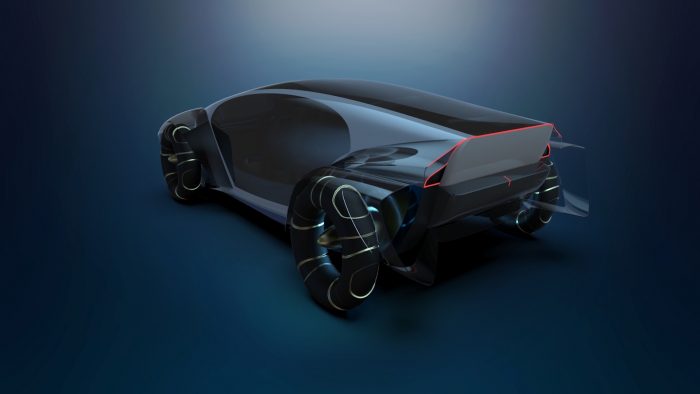
Nadav Keshet from Israel idealised that magnetic propulsion can power a car, while giving it an overall innovative look. In his concept, the wheels are divided from the car and connected to magnetic cases which are initially powered by the car’s battery. Once the magnets are in motion, they provide sole energy to power the wheels, allowing them to gain and sustain speed.
Jarkko Salonen from Finland managed to combine living and travelling for the future. His concept, called KOTA, is a recreational vehicle or camper that can be customised multiple ways based on personal needs. It doubles up as living spaces, but more importantly, it utilises nature and is easily adaptable to its surroundings, making it a dream for outdoor enthusiasts.
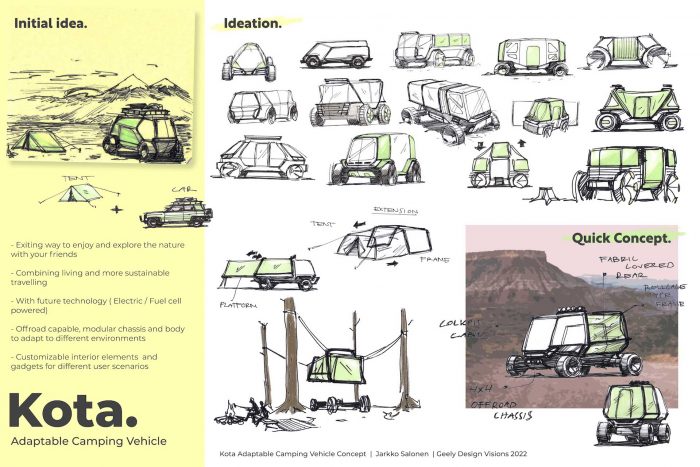
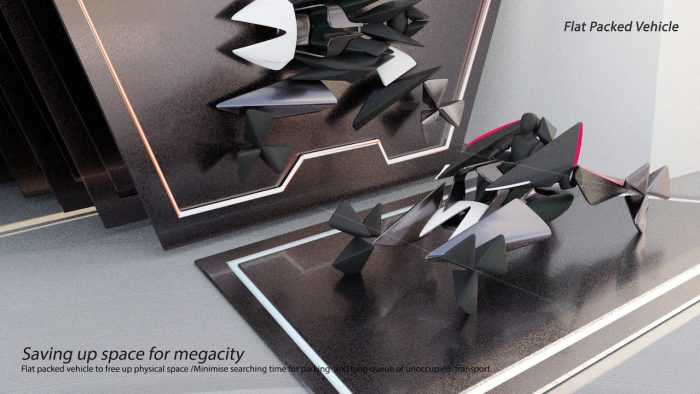
From Hong Kong, Jason Wong imagined a flat-packed vehicle that aims to resolve the headache we face on our daily commute concerning parking. The car can be flattened and automatically transported to a parking hangar for daily servicing and storage. With the battery pack installed underneath, more leeway can also be given to the car’s form and proportion to improve its stance.
Another participant from Finland, Joona Kallio, presented the Ghoster 202X. A modular and personal electric vehicle platform that is small and lightweight, customisable with interchangeable body panels and accessories, and centrally linked by a core unit that sends digital signals to power up every part of the car. With limitless and fun possibilities, he calls it a party car on steroids.
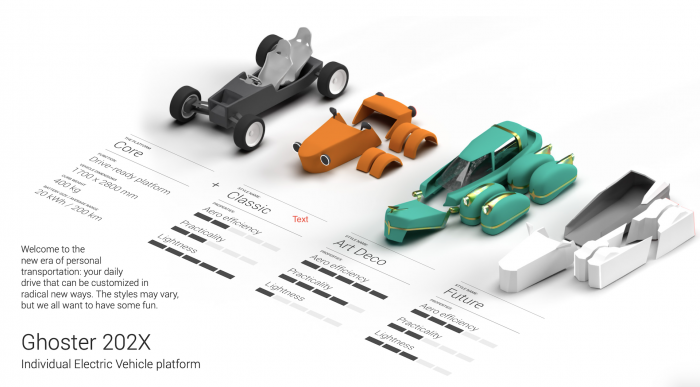
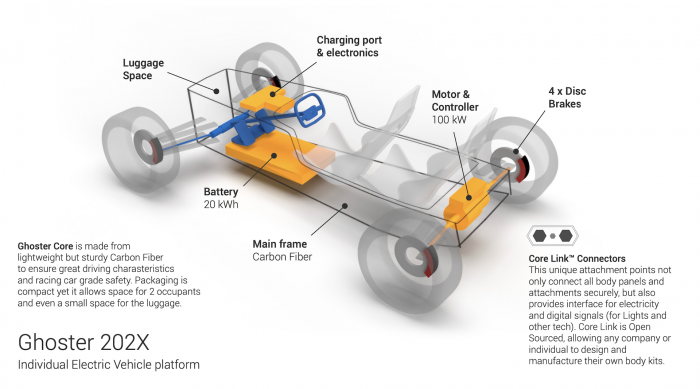
The winner, Stefan Perriard from Denmark, envisions a light rail system for his city of Copenhagen. More like trams that travel ground level on rails built onto the streets, the cars are modular and customisable for various social purposes, including as bicycle dock, vaccination centre or F&B outlet. It was selected as best concept by Geely Design for its engaging community outlook.
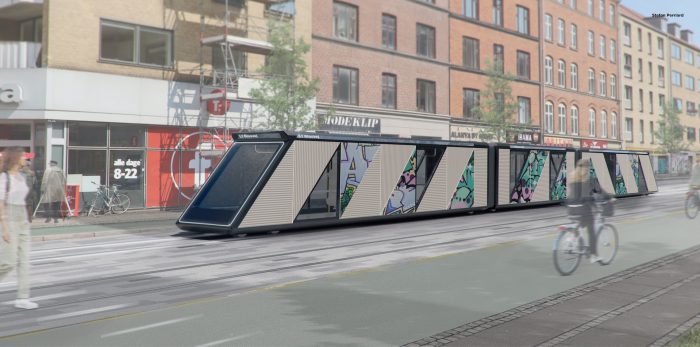
As the winner, Stefan will receive an in-depth portfolio review and consultation from Geely Design experts, aimed at refining his current works before taking it onto the next level. Geely hopes that through this effort, the concept can be given a real chance for success and bring plenty of benefits to society at large.
To keep up to date with everything happening in Geely Group, sign up to our newsletter.


